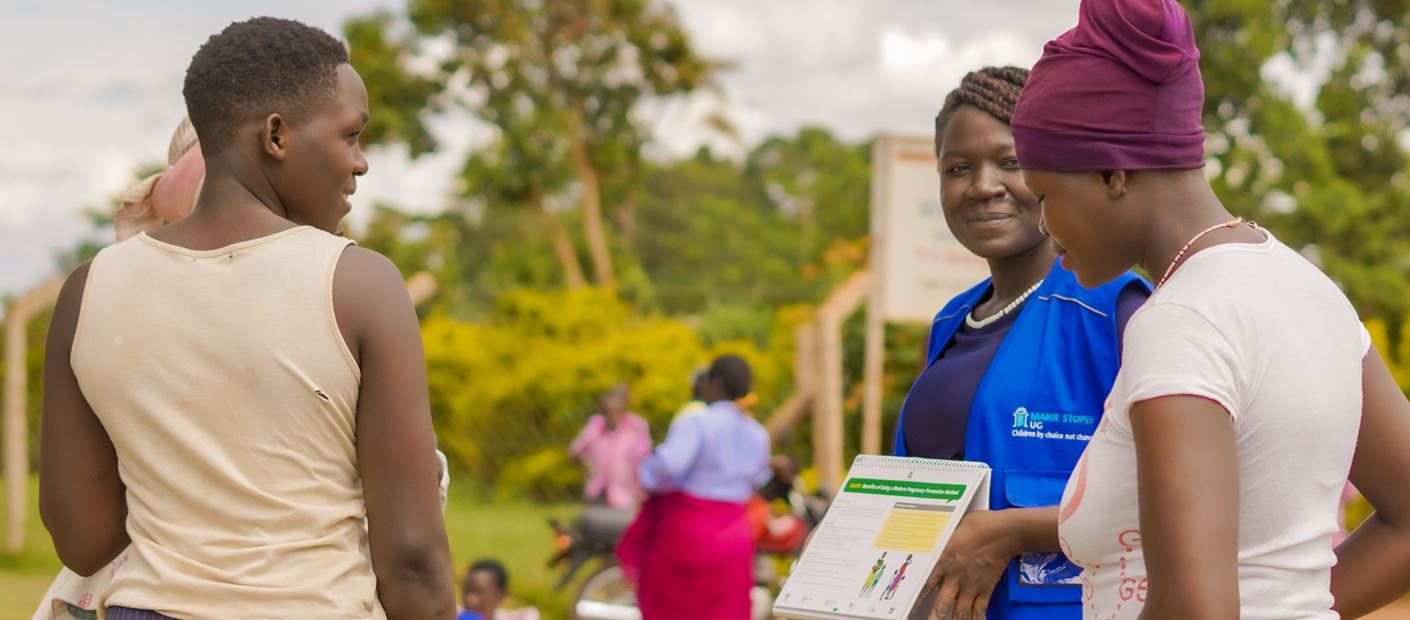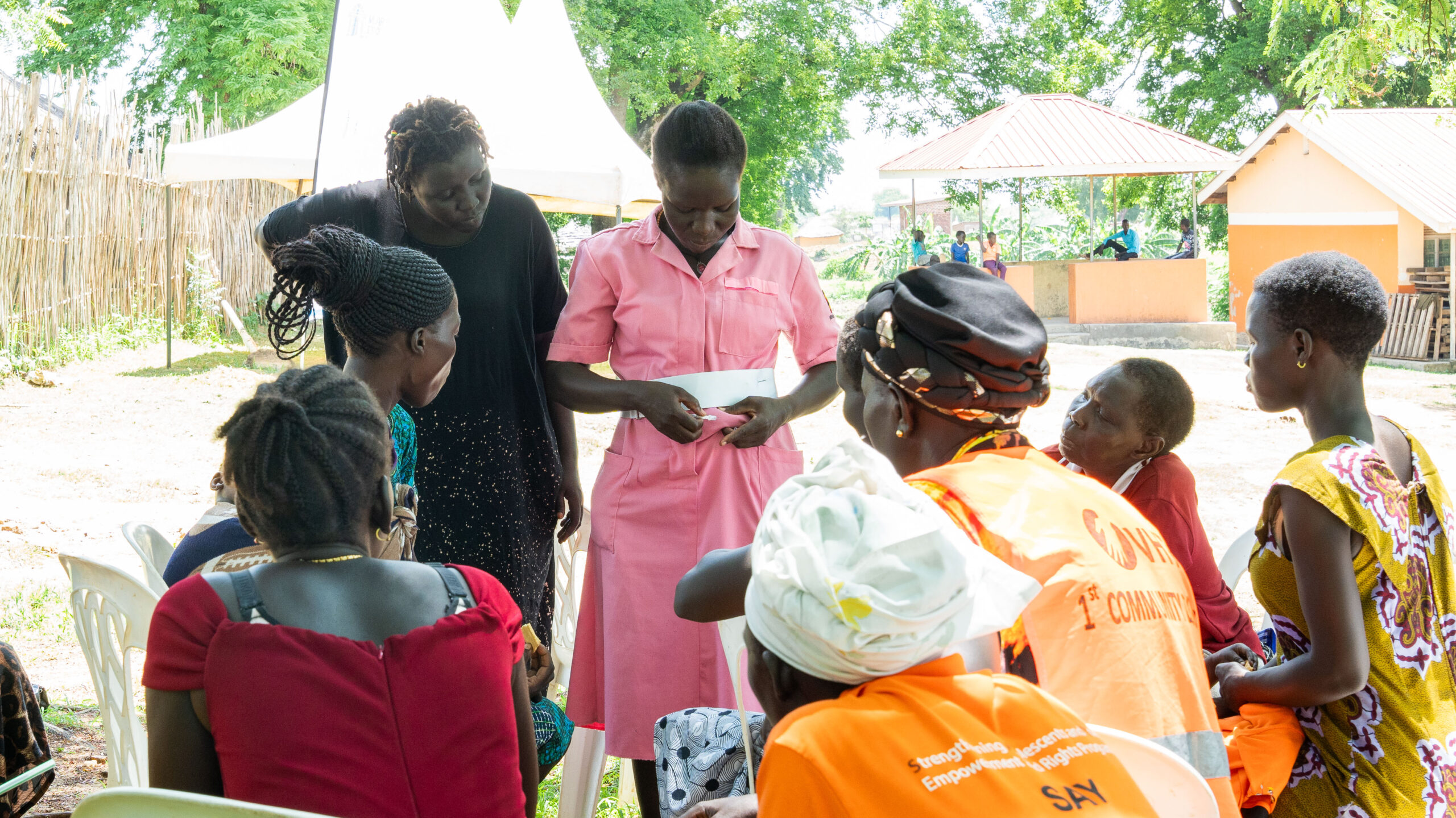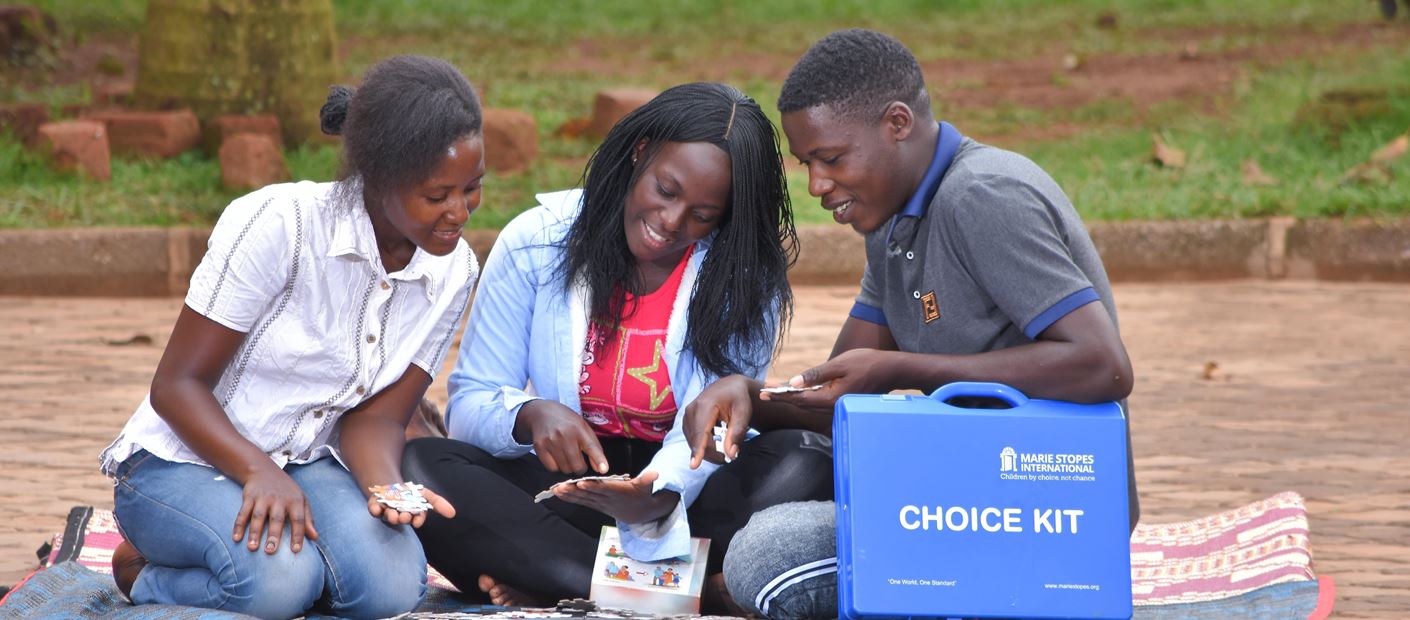
According to the Uganda Health Coverage Policy Analysis Report (April 2023), approximately 48.4 million people live in Uganda today, with a sizable portion of that population being between the ages of 0 and 14 (46%) and 15 and 24 (21%).
More than half (55%) of the population is under the age of 18, and there are 92 defendants per 100 working-age population 15-64 years. This shows that almost 70% of the population is under 25, underscoring the significance of addressing young people’s needs and rights.
As Uganda commemorates World Population Day, with the international theme focusing on “Unleashing the Power of Gender Equality: Uplifting the Voices of Women and Girls to Unlock our World’s Infinite Possibilities” and the national theme emphasizing “Prioritise Education: Prevent School Dropouts & Improve Household Incomes,” it is important that w e examine gender equality, the importance of education, and their effects on population growth in Uganda.
Despite the existence of education policies that target different levels, such as Early Childhood Development (ECD), Universal Primary Education (UPE), and Universal Secondary Education (USE), the high rate of school dropout across the nation remains a significant challenge. Ministry of Education data shows that of the 1.88 million learners who joined Primary One in 2016, only 832,000 (44%) completed P7. The lower secondary completion rate is even lower at 26%.
The statistic of 25% teenage pregnancies, which is the highest in East Africa, continues to be one of the main factors in school dropout. Uganda has 11.8 births per 1,000 women aged 15 to 19 and a high fertility rate among women and adolescents. In the Lango region, where World Population Day is being commemorated, teenage pregnancies have been reported to have decreased slightly with numbers going from 31,192 in 2020 to 30,278 in 2022, according to DHIS2 data. The number of teenage pregnancies in the host district, Alebtong, decreased from 2,822 in 2020 to 2,554 in 2022 . Despite that, these numbers remain high and still pose a big challenge to the region and the country at large. Lack of access to contraceptives (unmet need stands at 20.9%) in addition to issues like poverty, ignorance, harmful cultural practices, parental negligence, negative peer pressure, and limited access to adolescent-friendly and reproductive health services, all contribute to the persistence of this problem.
Despite Uganda’s minimum legal age for marriage being 18 years old, child marriage still poses a serious problem. According to the Uganda Health Coverage Policy Analysis Report (April 2023), it is estimated that there are 5 million child brides in the nation, which emphasizes the importance of giving girls’ rights and well-being a top priority.
The country’s future workforce is impacted by the devastating psychological effects of teen pregnancies and early marriages, and their inability to continue their education (UNFPA & NPA, 2022). Additionally, these combined vulnerabilities have a significant impact on teenage mothers’ socioeconomic and financial futures. Therefore, it is important to comprehend the factors that contribute to teenage pregnancy in the nation and to offer solutions to prevent its effects in the future.
Firstly, we need to create enabling environments by establishing policies and programs that support teenage mothers’ ability to continue their education and return to school after giving birth.
Secondly, offer age-appropriate information and ensure that girls and young women have access to thorough sexuality education and information on reproductive health that is suited to their requirements and developmental stages.
Continue to implement comprehensive frameworks and programs for sexuality education within the educational system, adhering to established frameworks, and involving teachers in the delivery.
Communities and influencers should also be involved. This includes working with religious and cultural leaders to change harmful norms and practices, as well as involving peer influencers and sharing success stories of people who have avoided teenage pregnancy and established sustainable careers.
Lastly, making decisions based on data and evidence to guide planning and resource allocation, ensuring that enough time and money are devoted to addressing the problems that affect teenagers.
Uganda can unleash the enormous potential of its women and girls by emphasizing education and upholding gender equality. We can give girls and young women the tools they need to succeed by providing them with a thorough education, access to reproductive health care, and focused interventions. This will help prevent teenage pregnancies while also fostering a society where each person can thrive and contribute to Uganda’s long-term development. Let’s recommit to opening doors for women and girls so that everyone has a better future.








